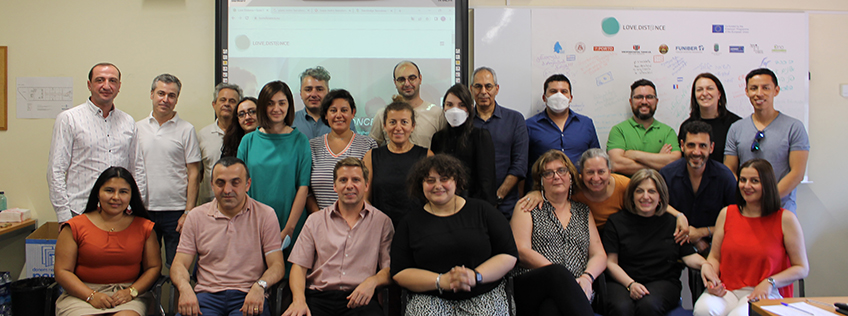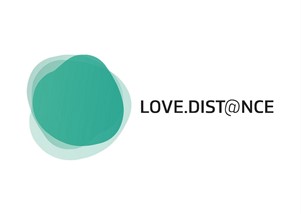This week, leaders from different European universities met in Barcelona in a European initiative that promotes education for ethnic minorities, disadvantaged women, and students with disabilities. The meeting was organised by the Iberoamerican University Foundation (FUNIBER).
From Monday to Thursday this week, the University of Barcelona’s IL-3 Lifelong Learning Institute hosted the ERASMUS+ LOVE.DIST@NCE project, founded in 2019, which brought together academic leaders from Israel, Georgia, Romania, Portugal, and other parts of Spain. The participants also had the opportunity to get to know Barcelona’s 22@ technology district. In addition, the event was hosted by the Fundación Universitaria Iberoamericana (FUNIBER), which is present in more than thirty countries and is headquartered in the Catalan city.
Throughout the week, participants discussed ways to improve the accessibility and quality of higher education from an inclusive perspective. In this way, the aim is to strengthen and provide support services to students from Israel and Georgia. More specifically, the project focuses on assisting disadvantaged groups or those at risk of social exclusion, especially ethnic minorities, disadvantaged women, and students with disabilities.
Together with FUNIBER, the following entities have participated in the Barcelona meeting: Polytechnic Institute of Porto, University of Vigo, Technical University of Cluj Napoca (Romania), State Universities of Ilia, Telavi and Batumi Shota Rustaveli (Georgia) and Ono Academic College, Levinsky College of Education and MEITAL Inter-University e-Learning Centre (Israel).
The participants discussed the various aspects of the project, including issues related to quality, management, finance, and communication. Future lines of work were also established, especially visits to Israel and Georgia in the coming months to implement the courses.
During the event, Salvador Banderas, head of educational technology at FUNIBER, explained the institution’s future model for online teaching. He also presented the LOVE.DIST@NCE campus project, designed as an educational resource open to any university professor who wants to develop online training for disadvantaged groups. In addition, a new tool for evaluating distance learning was also presented.
For his part, Thomas André Prola, director of European projects at FUNIBER, highlighted the important work carried out in Barcelona and the success of the meeting. Ângelo Miguel Cardoso, lecturer at the Polytechnic Institute of Porto, expressed the same opinion: “We are working with colleagues from Israel and Georgia to guarantee or help under-represented populations in the university environment to have easier, faster and more inclusive access to universities through technology”, said the professor.


